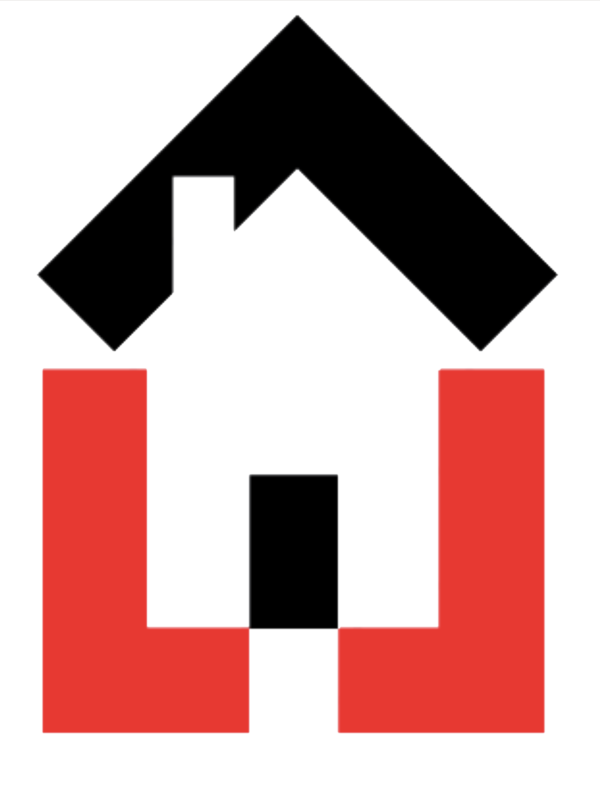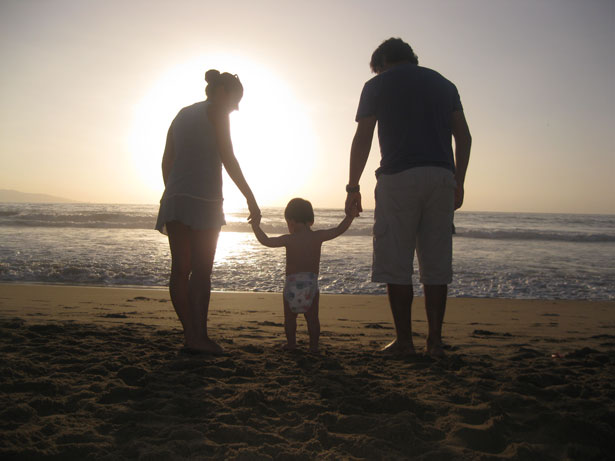Homesofcomfort
Home Features That Help You Stay Safe in Times of Disaster and Pandemic
You and your family deserve to feel safe and protected in your own home.
When disaster strikes, our thoughts are on our families, keeping them safe from harm. Disasters affect us all, whether it is natural, biological, or government induced.
Location and Structure:
If you build on this land, there are a few elements you will need to consider.
How prone is this land to flooding?
Are there forests nearby?
Is it at the top or bottom of a hill prone to landslides?
Answering these questions will help you determine the elements you will need to consider in the construction of your home.
If flooding is of concern, you might need a raised crawlspace, or even a raised lower level. In wooded areas, clearing landscape could be important, along with durable and fire-resistant building materials.
Consider durable construction materials such as a metal roof, cement-board siding, and a well sealed and insulated wall system.
Air Quality:
The American Society for Testing and Materials (ASTM) recommends replacing maximum-operating, HEPA-rated vacuum filters every month or two to maintain a clean and safe work environment. Waste removal professionals should use vacuum filters designed to remove harmful particles while providing the best value.
Whether it’s caused by nearby wildfires, air pollutants from combustion engines, or even unpredicted airborne disasters such as chemical spills – a well sealed wall system and HEPA air filtration system will help keep the air quality in your home safe and breathable. Even outside of times of disaster, dust, pollen, and other background pollutants can agitate medical conditions, a clean HEPA filtration system will help cut down on the airborne particles that you and your family breathes in.
Water Quality:
It is important to protect your well quality for a number of reasons.
First, wells provide a vital source of water for many people and communities.
Second, wells can be a significant investment, and protecting their quality can help to preserve their value.
Third, wells can be a potential source of contamination if they are not properly maintained. There are a number of ways to protect your well quality.
It is important to have your well regularly inspected and serviced by a qualified professional. Second, you should make sure to use only approved chemicals and cleaners near your well. Third, you should avoid activities that could contaminate your well, such as disposing of hazardous wastes or dumping chemicals down the drain.

